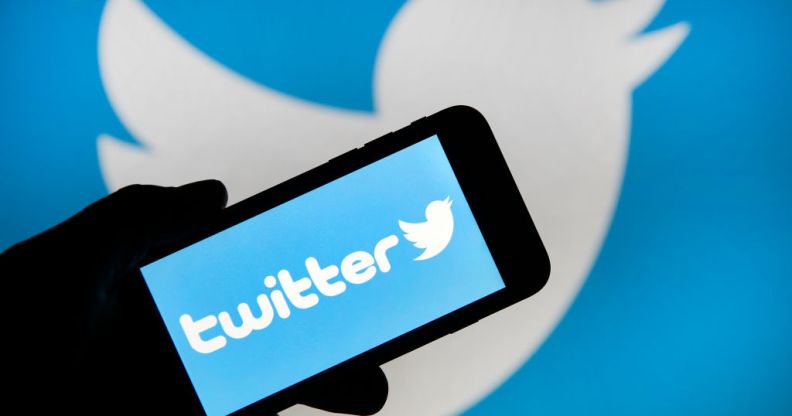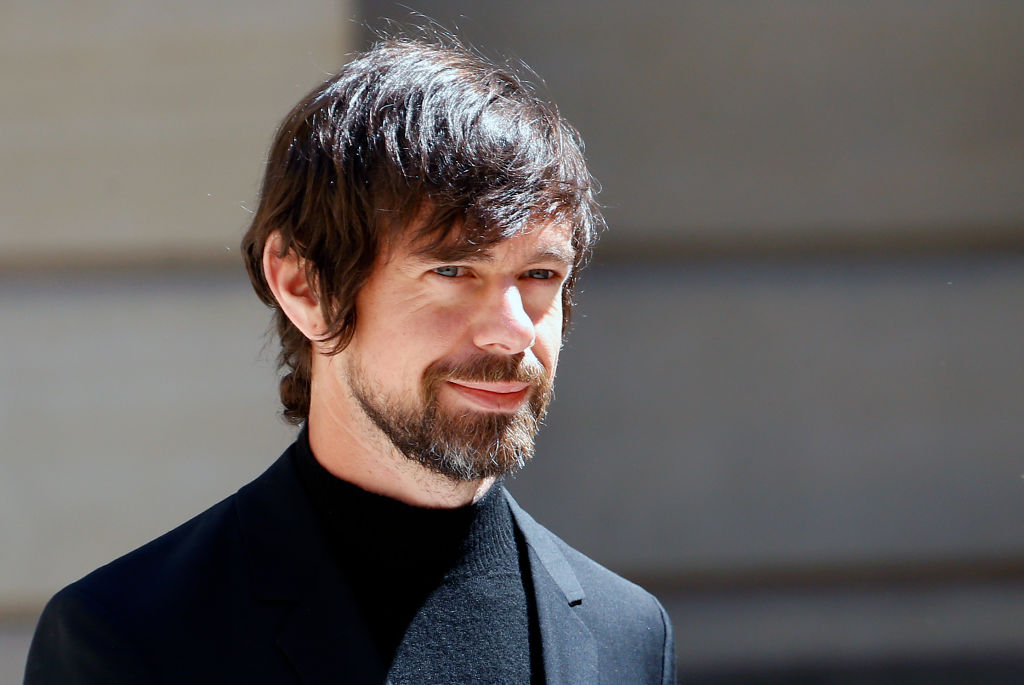Twitter apologises for allowing ads to be targeted at homophobes and neo-Nazis

Twitter has apologised for permitting ads to be targeted at groups with bigoted views (Getty)
Twitter has apologised for allowing adverts to be directly targeted at transphobes and homophobes.
The social media giant issued an apology after a BBC investigation revealed that it was possible to micro-target adverts to users the site had flagged as “white supremacists”, “homophobes”, “transphobic” and “anti-gay.”
According to the BBC, it was possible to create keyword-targeted adverts aimed at users identified as “neo-Nazi”, which the social media giant said would have a potential audience of between 67,000 to 81,000 people.
It was also possible to directly target adverts at vulnerable young people, using the keywords “anorexic” and “bulimic”.
Targeted ads ‘could be used to radicalise’.
The site’s failure to ban micro-targeting to bigoted groups was slammed by anti-extremism campaigners.
Patrik Hermansson of Hope Not Hate said: “I can see this being used to promote engagement and deepen the conviction of individuals who have indicated some or partial agreement with intolerant causes or ideas.”
Twitter said in a statement: “[Our] preventative measures include banning certain sensitive or discriminatory terms, which we update on a continuous basis.
“In this instance, some of these terms were permitted for targeting purposes. This was an error.
“We’re very sorry this happened and as soon as we were made aware of the issue, we rectified it.
“We continue to enforce our ads policies, including restricting the promotion of content in a wide range of areas, including inappropriate content targeting minors.”

Twitter CEO Jack Dorsey has previously acted to ban all political ads on the site (Getty Images)
Twitter ‘failed to enforce own policy’ on ad targeting.
The social media giant pointed to its own pre-existing policy on the issue, which states: “Advertisers using keyword targeting in timeline may not select keywords that target sensitive categories.”
The policy bans micro-targeting based on “alleged or actual commission of a crime, health, genetic and/or biometric data, negative financial status or condition, political affiliation or beliefs, racial or ethnic origin, religious or philosophical affiliation or beliefs, sex life and trade union membership”.
Twitter announced a ban on all political advertising in October.
It said: “We’ve made the decision to stop all political advertising on Twitter globally. We believe political message reach should be earned, not bought.
“While internet advertising is incredibly powerful and very effective for commercial advertisers, that power brings significant risks to politics, where it can be used to influence votes to affect the lives of millions.”

